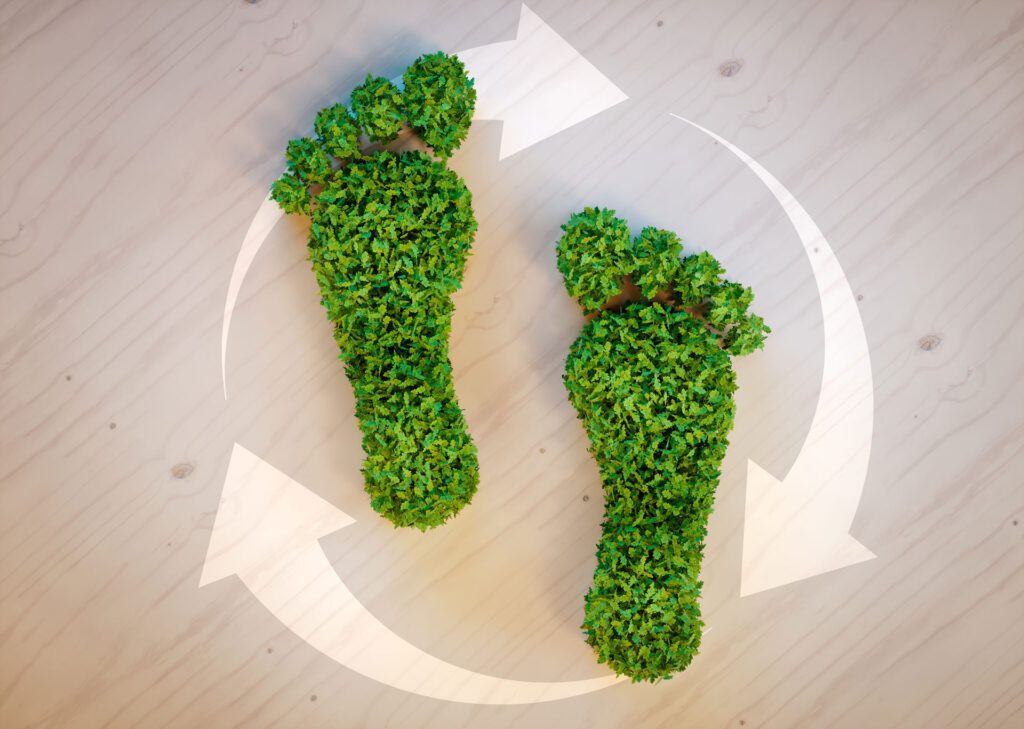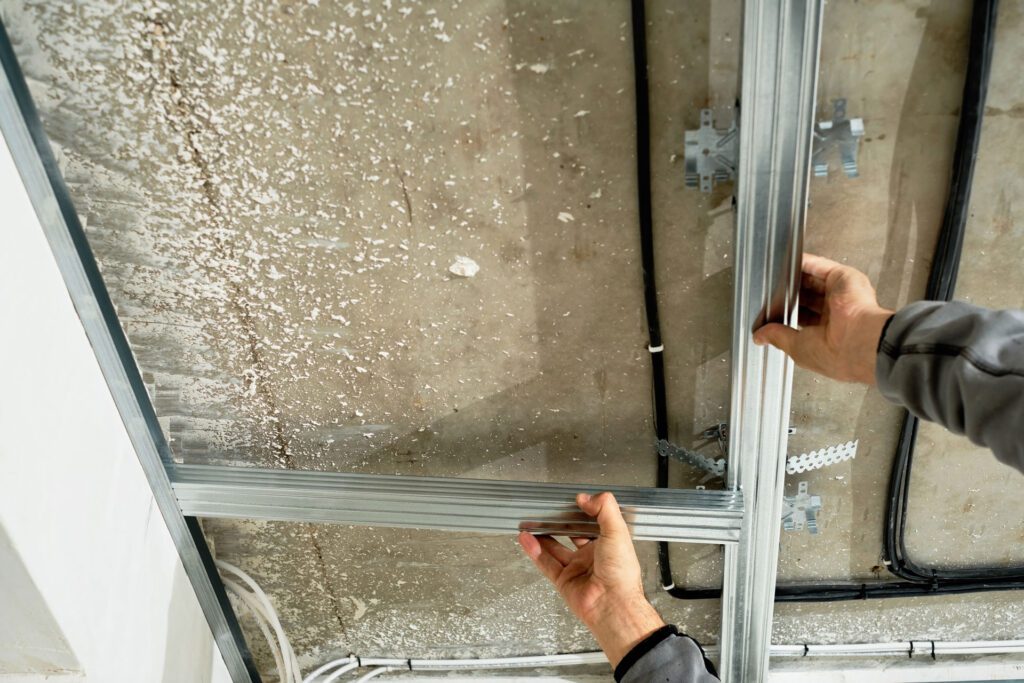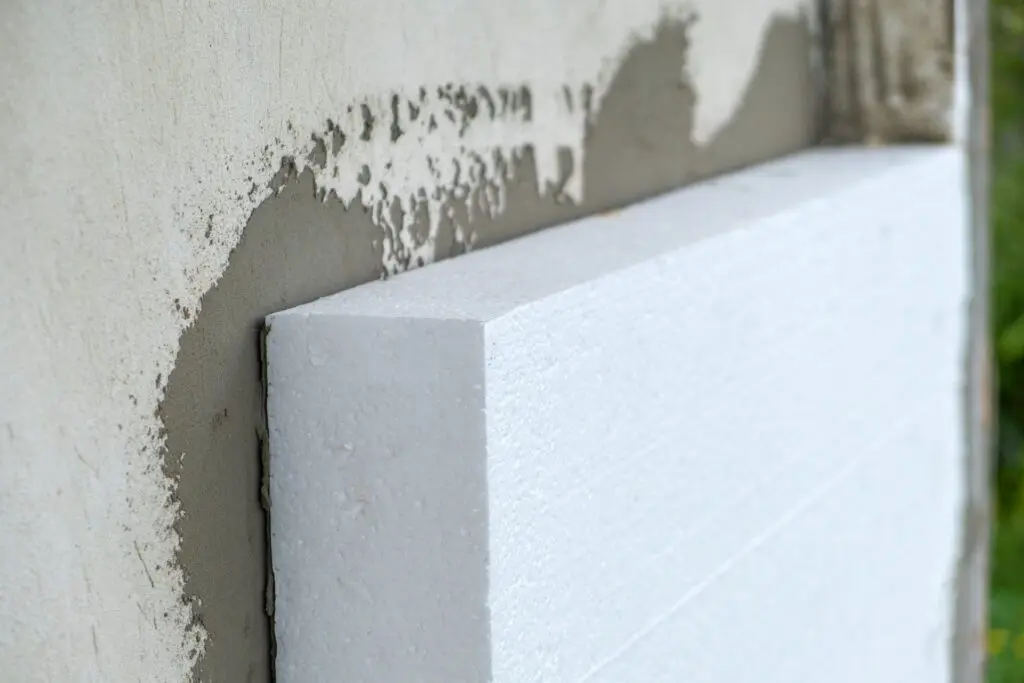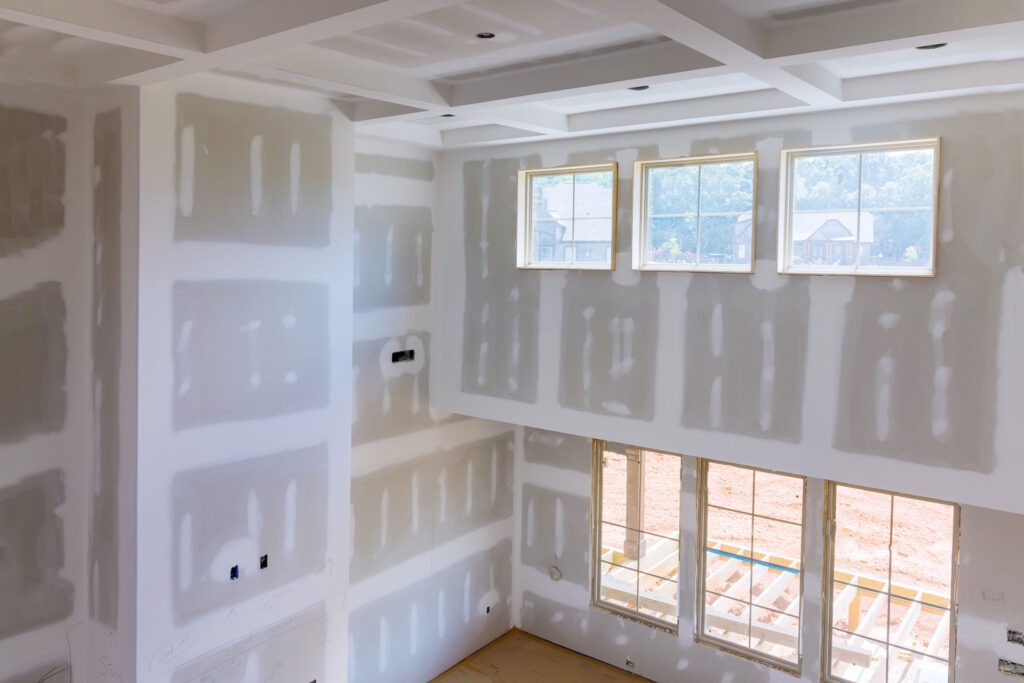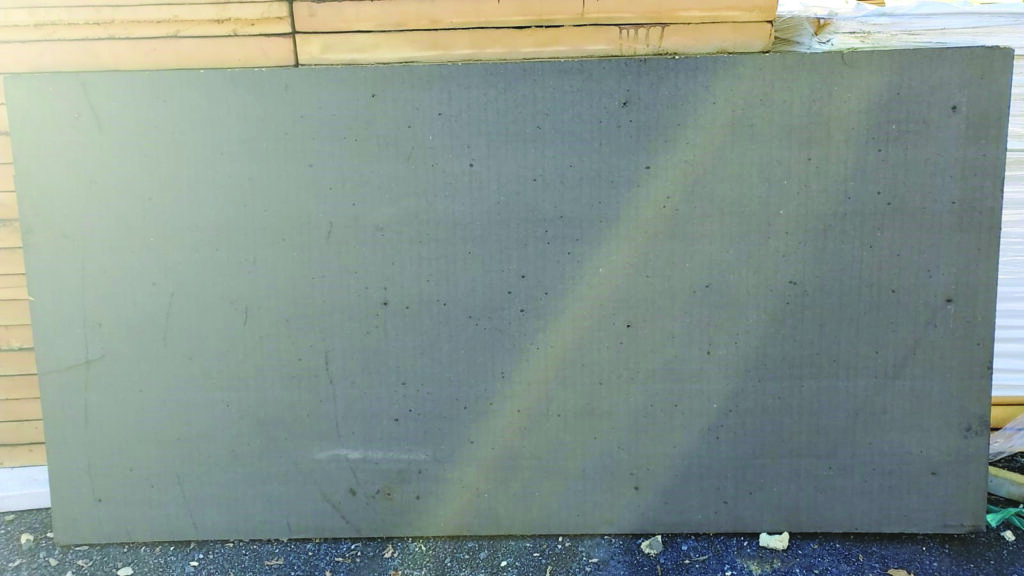Recycled insulation materials
Reclaimed and Recycled Insulation Materials Have Economic and Environmental Benefits
Did you know 90% of US homes are under-insulated and that heating and cooling of all buildings comprises 29% of the total US energy budget? If all US homes were insulated to 2012 standards, electricity use would decline by 5% and natural gas consumption by 10%. That’s because insulation materials are used to keep buildings…
Read MoreHow to Reduce Your Carbon Footprint
Your personal carbon footprint is the sum of all the greenhouse gas emissions that you cause by your daily activities, such as using electricity, driving a car, or disposing of waste . It is a measure of how much you contribute to global warming and climate change. Reducing your carbon footprint is important because it…
Read MoreComparing the Environmental Impacts of Foam Panel Insulation: Blowing Agents
Foam products are widely used in various industries such as construction, packaging, and refrigeration. The quality and performance of foam products depend largely on the type of blowing agent used to create the cellular structure of the foam. Blowing agents are substances that can produce gas bubbles in a liquid matrix, causing it to expand…
Read MoreWhat is Continuous Insulation (CI) and Why Do I Need It?
Continuous insulation is a type of home insulation that involves installing a continuous layer of insulation over the entire exterior surface of a building, including the walls, roof, and foundation. The goal of continuous insulation is to eliminate thermal bridging, which is the transfer of heat through materials with a higher thermal conductivity, such as…
Read MoreConsiderations for Foam Board Wall Insulation Choice
What is R-Value? R-value is a measure of how well an insulating material resists heat flow. The higher the R-value, the better the insulation. R-values are measured in per inch of thickness. For example, an R-13 insulation has a thermal resistance of 13 per inch of thickness. Different materials have different R-Values per inch. What…
Read MoreIRA Extends & Expands Section 45L Tax Credits for Commercial Real Estate
The Inflation Reduction Act (IRA) can be helpful to commercial real estate owners in a number of ways. First, the IRA extends and expands the Section 45L tax credit for energy-efficient commercial buildings. This credit can be used to offset the cost of making improvements to existing buildings or constructing new buildings that meet certain…
Read MoreReasons to Upgrade Insulation In A Commercial Building
An insulation upgrade may not seem like an essential project at first glance. However, just like insulation itself, the benefits of good insulation aren’t always easy to see at first glance, but become very apparent over time. In truth, proper insulation is very important to both the efficiency and safety of both residential and commercial…
Read More3 Ways Good Insulation Can Save You Money
Does your house always feel chilly in winter, even when you know your heater is going? Do you feel cold air drafts around doors and windows? If so, there’s a good chance that your home is not properly insulated. While you may not be able to see the leaks poor insulation can cause by just…
Read MoreThe Many Benefits of Green Insulation
The green movement has been growing steadily over the past decades. More and more people—and businesses—are taking steps to conserve and preserve valuable natural resources, and with good reason. Every year, new and innovative options for green living are becoming available. In the world of construction, we’re also seeing a sea change, and are happy…
Read MoreKey Benefits of Extruded Polystyrene (XPS) Insulation
Are you considering using green insulation in building or renovating a residential or commercial property? If so, that’s great! There are now several types of green insulation to choose from. Extruded Polystyrene, or XPS, is one of the most popular. There are many benefits to this amazing new material. XPS (extruded polystyrene) insulation offers several…
Read More

